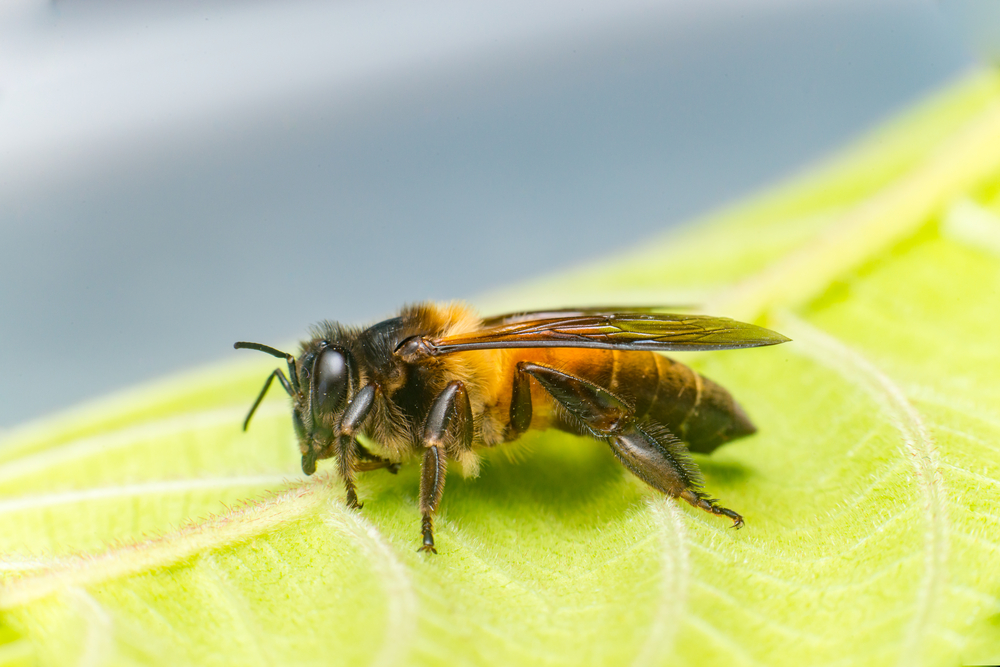Stingless Bees – A Honeybee Alternative?
May 28, 2017
Bee Colony Collapse, Honey Bees
With the world’s global honeybee populations seeing various levels of decline and potentially further decreases in the future, scientists and entire governments are researching and seeking ways to improve not only honeybee numbers but also those of native wild bee species like bumblebees. Their importance to crop production is critical, as wild and “domesticated” pollinators are responsible for nearly one third of the food we consume. Without them, we’d be forced to perform manual pollination or learn to live without.
Stingless Bees
With the danger of losing honeybees becoming more probable every year, new strains and breeds of the insect, such as Indian stingless bees, are being considered for sustaining global crop production. According to recent reports, researchers from the Indian Council of Agriculture Research (ICAR) as well as Kerala Agricultural University’s (KAU) honey bee research center are collaborating with Western Sydney University in Australia, and they plan to establish the Kerala stingless honeybee as a potential alternative pollinator.
Kerala Honeybee
The Kerala honeybee, specifically its Tetragonula variant, is native to Kerala, a southwest state in India, and this bee is tinier than customary European honeybees. With America and Europe seeing large portions of their honeybee populations dying off, whether from colony collapse disorder (CCD), pesticides, diseases, etc., Australia and India appear to be taking steps to prepare for the worst. As per leading bee researcher S. Devanesan, the deteriorating populations on other continents represent equally large threats elsewhere.
"The use of the neonicotinoid class of pesticides and effects of climate change are adversely impacting bees, which makes research on alternative pollinators relevant," Devanesan said. As well, K S Prameela, a scientist with KAU’s All India Coordinated Research Project (AICRP) on honeybees and pollinators, said, "Stingless bees have increased effectiveness as pollinators since they can enter smaller flowers. The main aim of the research here is to find out if stingless bees can be used for increased yield in fruits and vegetables in India and Australia."
A Probable Alternative?
Traditional honeybees, despite their small size, carry incredible responsibility, but CCD and the continued use of harmful neonicotinoid pesticides have made that responsibility even more difficult for them to live by, with vast numbers dying around the globe when it could have easily been avoided. If it ever comes to the point where honeybee numbers are too low to maintain the world’s food supply, hope still remains. An AICRP study recently showed a roughly 20-25 percent rise in bitter gourd and cucumber crop harvests after the Kerala stingless bee was introduced as a pollinator in the Kerala state, as per Prameela. While we should still seek to increase the numbers for all bee species, there is at least a viable alternative.
Photo via Muhammad Naaim / Shutterstock


.jpg)




